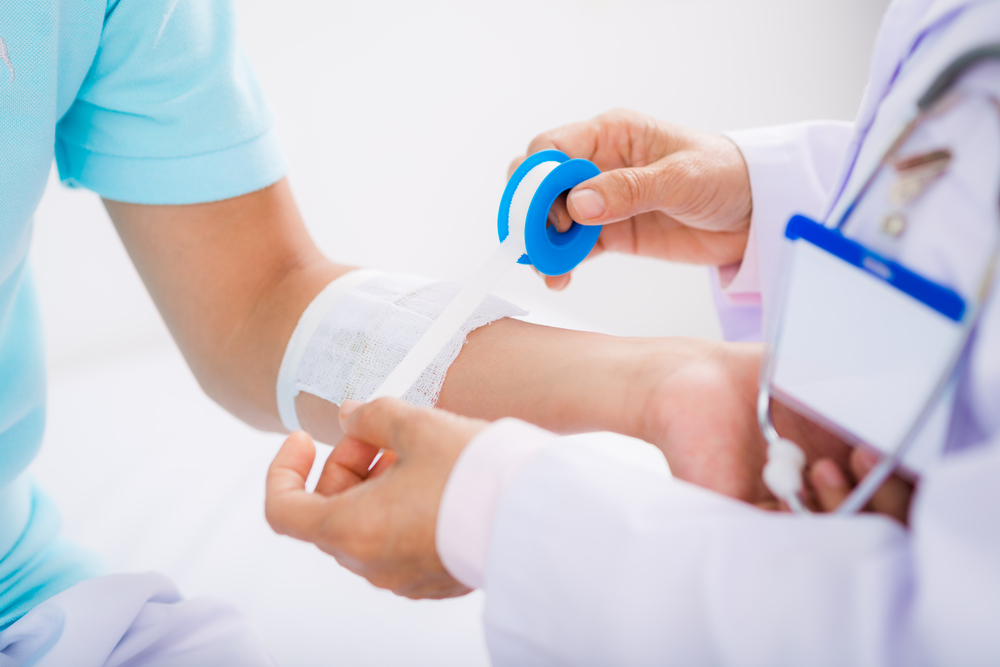
Animal bites can happen to anyone. You might be hiking or simply walking outdoors and run over a wild creature that bites you in an effort to protect itself. Or, maybe your neighbor’s dog may bite you during a friendly game. There are many animals who bite both adults and children. Most animal bites are from pets but other animals can bite too such as rats, bats, monkeys, wild cats and others.
Your doctor ought to look at any animal bites. Prompt medical consult may not always be possible, but you ought to get the bite checked by your doctor as soon as possible. You should then look for signs and symptoms such as the following:
Animals can bite when they are provoked, such as removing food from them or teasing them.
However, in many cases, animal bites are unprovoked. Unprovoked bites happen for no reason. If this happens, consider the fact that the animal may be sick.
If you have been bitten, you should visit your doctor for a lot of reasons. These include the following:
High risk bites are usually from dogs, cats and wild animals.
Your doctor will survey your danger of disease, check for extra wounds, and attempt to limit scarring. Examinations following an animal bite may include inspection of wounds for debris and requesting X-rays to check for fractures and foreign bodies.
Your doctor will then irrigate the wound to clean it. This is needed to prevent further infections. Animal bites often give rise to tears that are not usually repairable so debridement may be done to evacuate dead or contaminated skin and tissue that can’t be repaired. The doctor may also leave the puncture wound open but may stitch or suture other wounds.
You may then be instructed about wound care based on your injuries. Antibiotics may be prescribed to prevent infections, especially bites from cats, those that require debridement and those that are heavily contaminated. Over-the-counter pain medicines may also be given, as well as some vaccines.
You can lower your risk for animal bites by doing the following:
Animal bites are easily preventable, so start getting protected now!
Get your health, beauty and wellness product online! Shop now at Watsons. Click here to start shopping.
-Medical Observer
Overweight and obesity are defined as abnormal or excessive fat accumulation that presents a risk to health. A body mass […]
Around 27 million Filipino adults are overweight or obese, according to the latest National Nutrition Survey conducted by the Food […]
Advances in scientific and technological knowledge have provided unprecedented advantages in terms of immeasurable convenience in our daily living, lightning-fast […]